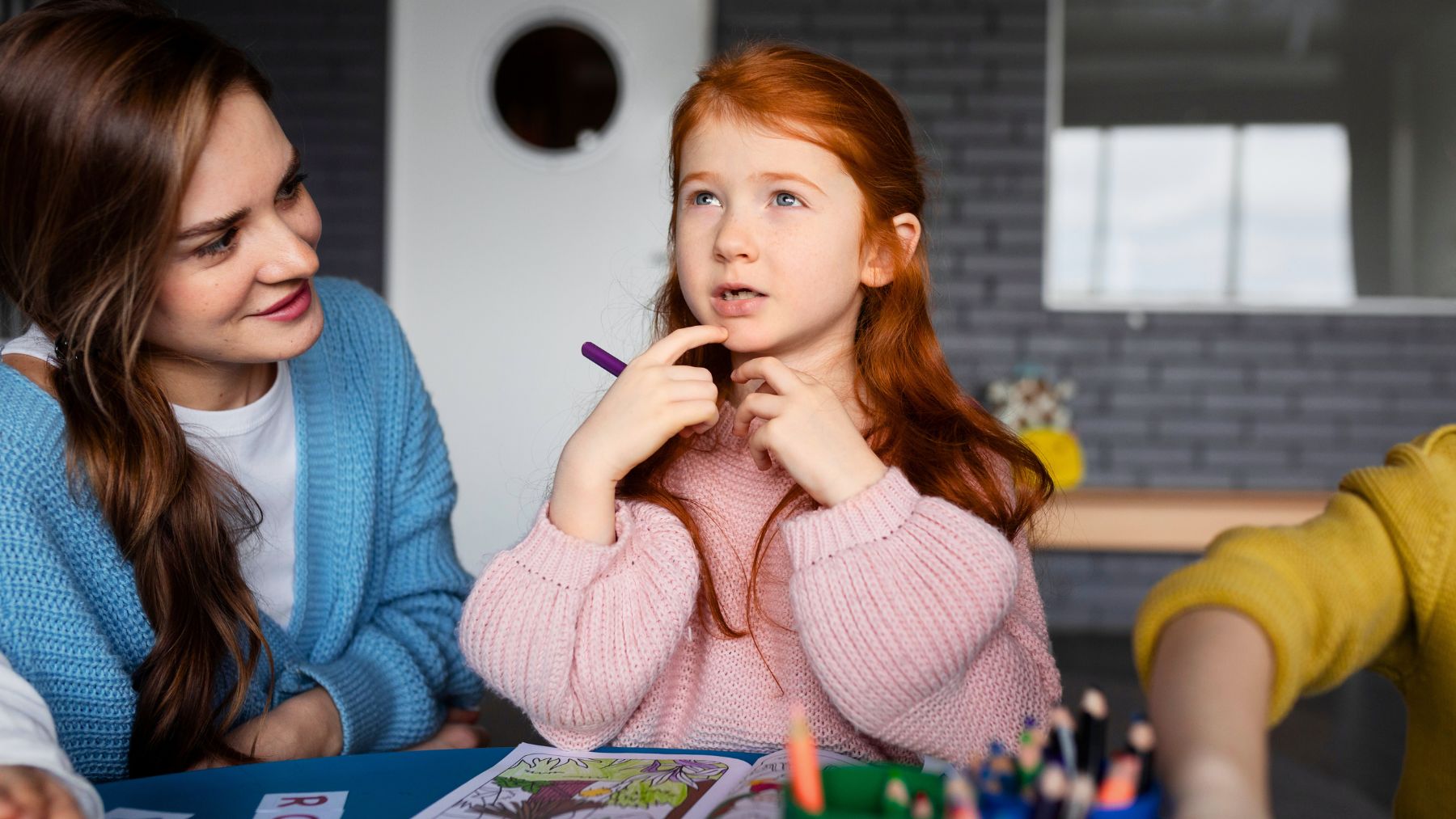Board games are a classic choice for fun and learning, but when it comes to helping kids strengthen short-term memory and sharpen attention, there’s another option that’s even simpler and doesn’t require any setup or pieces. This game is suitable for classrooms, homes, and playgrounds, and most children already know how to play it.
It’s Simon Says, a fast and flexible way to build memory, focus, self-control, and even emotional awareness. Here, we’ll examine how Simon Says works, its support for healthy brain development, and what other easy games can offer similar benefits for children. Let’s begin.
Simon Says: a great game for kids to train their minds
At first glance, Simon Says appears to be a basic follow-the-leader game, but it does a lot more than entertain. The rules are simple: kids follow a command only when it begins with the phrase “Simon says”. If the leader leaves that part out and a child still follows the action, they’re out. That one twist is what makes it such a powerful tool for learning.
To succeed, kids have to stop and think before they move. That means they’re not only remembering what to do, they’re deciding when to do it. This combination of working memory and impulse control is essential for early cognitive development. It mirrors the kind of thinking they need in the classroom: listen, hold instructions in your mind, and act at the right time.
Simon Says also boosts focus and language skills. Kids are exposed to new action words, directions, and emotional cues if the game includes expressions like “act surprised” or “pretend you’re feeling nervous”. These emotional commands help children name and understand feelings in themselves and others, building emotional intelligence alongside memory.
The game also supports physical development as it gets kids moving, practicing balance, coordination, and body awareness through actions like jumping, spinning, or posing. And perhaps best of all, it’s fun. That means kids will play longer, engage more deeply, and practice these brain-boosting skills without even realizing it.
Other games to help kids develop their skills
If you like what Simon Says offers, several other low-prep games build similar mental muscles. These games keep things active and playful while giving kids the chance to stretch their attention and memory.
- Red light, green light: This stop-and-go game strengthens impulse control. Kids have to listen closely and hold their movements until they hear the right signal.
- Freeze dance: A music-based game that helps with body control, reaction time, and listening skills. When the music stops, kids freeze—just like that.
- Follow the leader: This simple movement game helps younger children practice observation and sequencing. Add complexity by using multiple steps or speed changes.
- Memory movement chain: One child performs an action, the next copies it and adds their own, and so on. It’s like Simon Says meets the game “telephone”, building both memory and coordination.
Play-based learning doesn’t have to be complicated for kids. Games like Simon Says are active, flexible tools for growing minds. Whether you’re a parent, teacher, or caregiver, these kinds of games can help children build the cognitive and emotional skills they’ll use every day.

